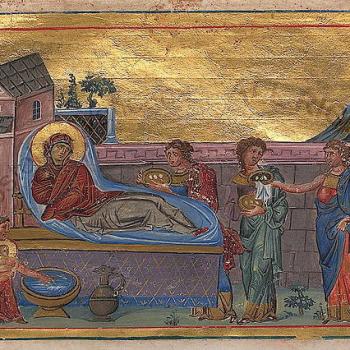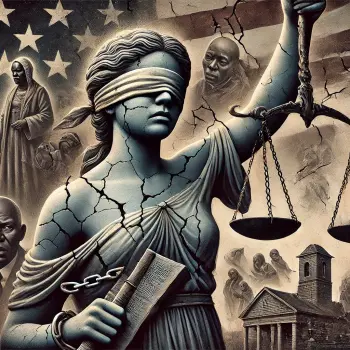
Knowledge about religions is not only a characteristic of an educated person, but it is also absolutely necessary for understanding and living in a world of diversity. Knowledge of religious differences and the role of religion in the contemporary world can help promote understanding and alleviate prejudice. Since the purpose of the social studies is to provide students with a knowledge of the world that has been, the world that is, and the world of the future, studying about religions should be an essential part of the social studies curriculum. Omitting study about religions gives students the impression that religions have not been and are not now part of the human experience. Study about religions may be dealt with in special courses and units or wherever and whenever knowledge of the religious dimension of human history and culture is needed for a balanced and comprehensive understanding. -- from the "Position Statement and Guidelines of the National Council for the Social Studies"
Growing numbers of educators throughout the United States recognize that study about religion in social studies, literature, art and music is an essential part of a complete public school education. States and school districts are issuing new mandates and guidelines for the inclusion of teaching about religion in the curriculum. As a result, textbooks are expanding discussions of religion's role in history and culture, and many new supplementary materials concerning religion in history are being developed.
In light of this national trend to include more about religion in the curriculum, the question for teachers is no longer "Should I teach about religion?," but rather, "What should I teach, and how should I do it?" This essay is designed to provide the civic and academic framework for answering the questions of "what" and "how." The aim of the guidelines and suggestions that follow is to help classroom teachers meet the challenges of teaching about religion in ways that are constitutionally permissible, educationally sound and sensitive to the beliefs of students and parents.
Why study about religion is important
Teaching about religion is important and necessary if public schools are to provide students with a complete education. Much of history, art, music, literature, and contemporary life is unintelligible without an understanding of the major religious ideas and influences that have shaped history and culture throughout the world. Even teaching religious liberty, the civic foundation that sustains the United States as one nation of many faiths, requires teaching about the role of religion in history and culture. A recent report by the Association for Supervision and Curriculum Development described the place of religion in the curriculum:
The proper role of religion in the school is the study of religion for its educational value. The task is to teach about religions and their impact in history, literature, art, music, and morality. It seems natural that the art curriculum, for example, must pay attention to the impact of Christianity on the work of Michelangelo, just as a history class focusing on the colonization of America must pay attention to the religious upheaval in sixteenth-century Europe that fueled that colonization.
Understanding the role religion plays in history and culture is of special importance in our increasingly diverse society. Expanding religious pluralism in the United States confronts our schools and our nation with unprecedented challenges. America has shifted from the largely Protestant pluralism of the 18th century to a pluralism that now includes people of all faiths and a growing number of people who indicate no religious preference. New populations of Muslims, Buddhists, and many other religious and ethnic groups are entering schools throughout the nation.
If we are to live with our differences, we must attempt through education to replace stereotypes and prejudices with understanding and respect. Students need to recognize that religious and philosophical beliefs and practices are of deep significance to much of our citizenry. Omission of discussion about the religious and philosophical roots of developments in history can give students the false impression that the religious and ethical traditions of humankind are insignificant or unimportant.
A civic framework for teaching about religion
Congress shall make no law respecting an establishment of religion, or prohibiting the free exercise thereof ...




